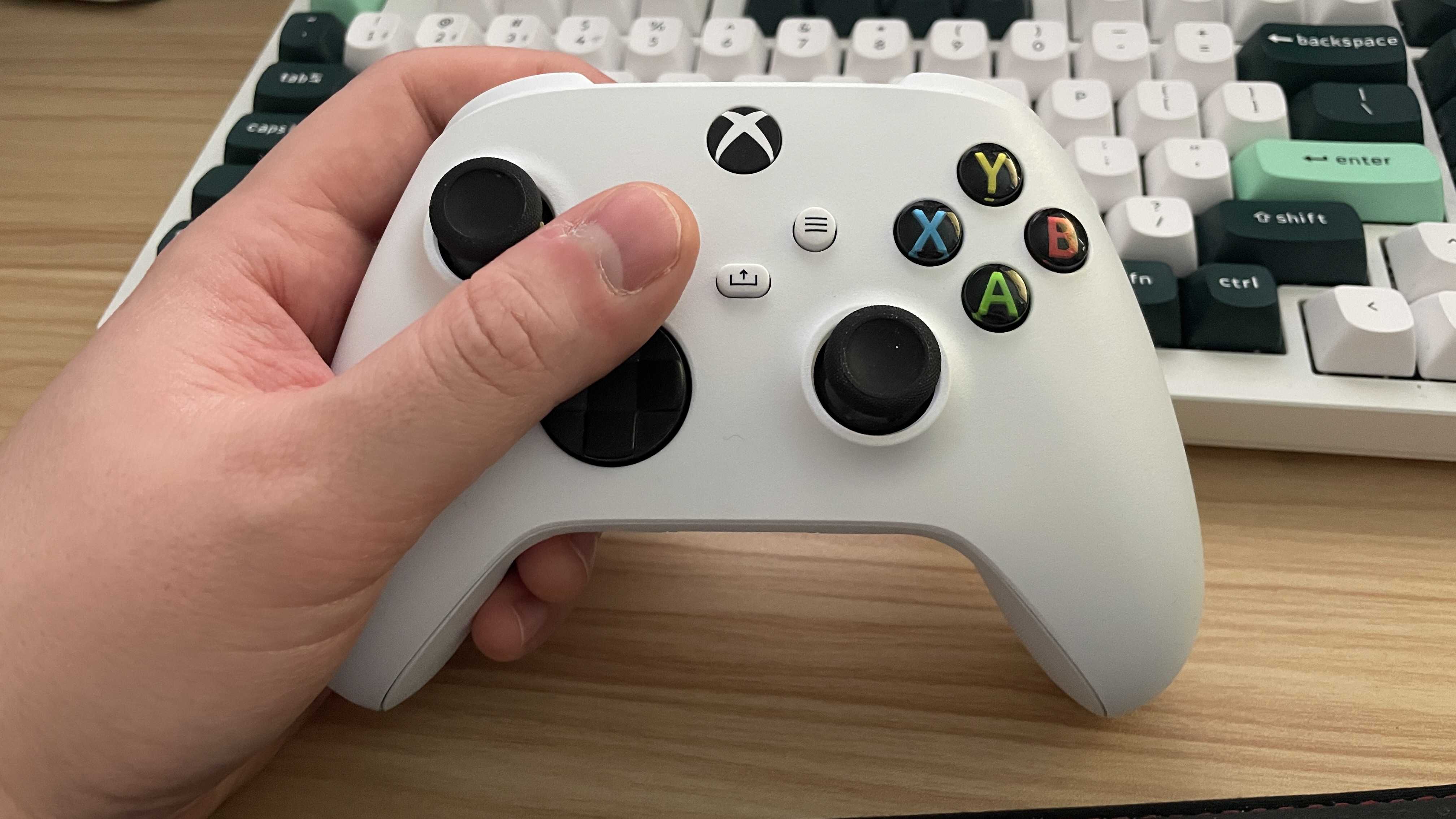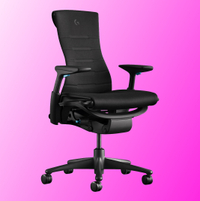UK government says Нет to British companies selling game controllers to Russia, to combat the use of drone attacks
"Gaming consoles will no longer be repurposed to kill in Ukraine."

It's hardly news that game controllers are used in modern warfare, as the compact, multi-buttoned devices have been used by armed forces for remote applications for years. However, with the rise of the use of drone attacks in the ongoing war between Russia and Ukraine, the UK government has decided to implement further export restrictions on Russia, one of which is the wholesale ban on selling any game controllers to the country.
As to just how many controllers Russia purchases from the UK isn't clear, despite being asked by The Register, which reported on the export ban. But the UK's Foreign, Commonwealth & Development Office is clear on what it will do: "Prevent them from being used to pilot drones on the frontline, meaning gaming consoles will no longer be repurposed to kill in Ukraine."
I think we can somewhat forgive the department for confusing an entire game console with a generic controller, but I'm not entirely sure how effective the ban will be. As already mentioned, we don't know how game controllers are directly exported from the UK to Russia, let alone how many are then used in drone attacks.
Then there's the question about whether the UK ranks in the list of countries that manufacture and export game controllers. Whatever the answer is, I'm pretty confident that it's quite low on the list, and if the ranking is based on the number of units exported, then China will top every country by some margin.
Another question that popped into my mind was about the controllers themselves. A wired Xbox pad would mean the drone would have a range of no more than a couple of metres, or the pilot would have to ride the drone. In which case, it's no longer a drone. Wireless game controllers use 2.4 GHz radio transmitters or Bluetooth, but neither of these has much range—at best, the drone attack would reach across the road.
Of course, the controllers could just be plugged into the drone's control unit, which itself might be long-range wireless, so the export ban would absolutely prevent those from being driven. Well, with UK-sourced controllers, at least.
🔴 BANNED: export of video game controllers used to pilot Russian drones on the front line in Ukraine.Today’s measures will also cut Russia's war machine off from innovative British tech, world-leading software, and close loopholes exploited by Putin's cronies. pic.twitter.com/An6L3RckV1April 24, 2025
The rest of the export ban is somewhat more substantial, including various chemicals, electronics, metals, and machinery, but it does seem rather odd that the office felt that game controllers had to be included and required a specific comment about them.
Russia can almost certainly manufacture its own game controllers to be used for drone attacks or, at the very least, demand that this happens, much like the proposal to create its own version of the Steam Deck. Whether the UK's export ban has any meaningful impact is an entirely separate debate, but the inclusion (or rather, removal) of game controllers is one that means more people are likely to be aware of the ban now.
The biggest gaming news, reviews and hardware deals
Keep up to date with the most important stories and the best deals, as picked by the PC Gamer team.
Best chair for gaming: the top gaming chairs around
Best gaming desk: the ultimate PC podiums
Best PC controller: sit back, relax, and get your game on

Nick, gaming, and computers all first met in 1981, with the love affair starting on a Sinclair ZX81 in kit form and a book on ZX Basic. He ended up becoming a physics and IT teacher, but by the late 1990s decided it was time to cut his teeth writing for a long defunct UK tech site. He went on to do the same at Madonion, helping to write the help files for 3DMark and PCMark. After a short stint working at Beyond3D.com, Nick joined Futuremark (MadOnion rebranded) full-time, as editor-in-chief for its gaming and hardware section, YouGamers. After the site shutdown, he became an engineering and computing lecturer for many years, but missed the writing bug. Cue four years at TechSpot.com and over 100 long articles on anything and everything. He freely admits to being far too obsessed with GPUs and open world grindy RPGs, but who isn't these days?


